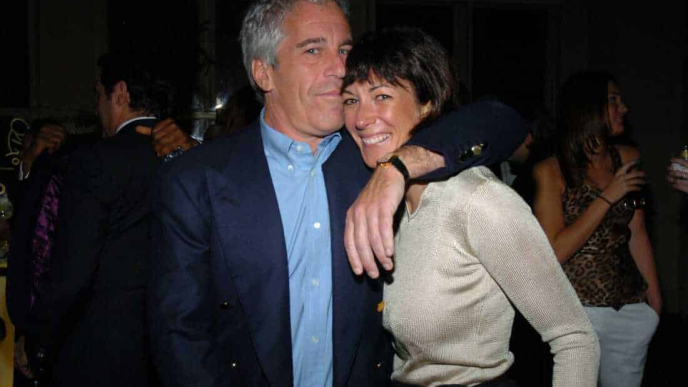Massie Torches AG Bondi: ‘I Have No Confidence’
Rep. Thomas Massie (R-KY) said Sunday he has no confidence in Attorney General Pam Bondi, escalating tensions over the Justice Department’s handling of sensitive document disclosures tied to Jeffrey Epstein.
Appearing on ABC’s This Week, Massie did not mince words when asked by host Martha Raddatz whether he still trusted Bondi to lead the department.
“I don’t think Pam Bondi has confidence in Pam Bondi,” Massie said. “She wasn’t confident enough to engage in anything but name-calling in the hearing. And so no, I don’t have confidence in her.”
The Kentucky congressman sharply criticized Bondi’s responses during a recent congressional hearing, particularly over questions surrounding document redactions. Massie said he pressed the attorney general on who made the decision to redact the name of Lesley Wexner from a key document but received no clear answer.
“When I asked her specifically who redacted Lesley Wexner’s name from the one document that mattered, she couldn’t give me an answer. She wouldn’t give me an answer,” Massie said. “But ultimately, it’s her who is responsible for the document production. According to our law, the attorney general. It’s not Todd Blanche, it’s not the people below them. You can assign tasks to people, but you can’t assign your responsibility.”
Massie framed the controversy as part of a broader battle with powerful interests he claims are aligned against him.
“This is about the Epstein class, the people who are funding the attacks against me,” he said. “They may or may not be implicated in these files, but they were certainly rubbing shoulders with the people who are in these files. They’re billionaires who are friends with these people. And that’s what I’m up against.”









